Video games preservation is a topic that’s extremely important to all of us at GOG. After all, throughout those 15 years of our activity, it remained one of core values, driving us to try our best to make games last forever by giving them their forever home.
While any time is a good time to talk about it, celebration of our
15th Anniversary seems perfectly fitted to do so! Especially when we’ve teamed up with the absolute experts on the matter,
Video Game History Foundation – a non-profit organization dedicated to preserving, celebrating, and teaching the history of video games.
We’ve had the pleasure of talking to Frank Cifaldi (Founder & Co-Director) and Phil Salvador (Library Director), so let’s dive deeper into the subject and see what Frank and Phil had to say about the VGHF mission as a whole, why it is so important, how the process of collecting and archiving materials looks like, and more!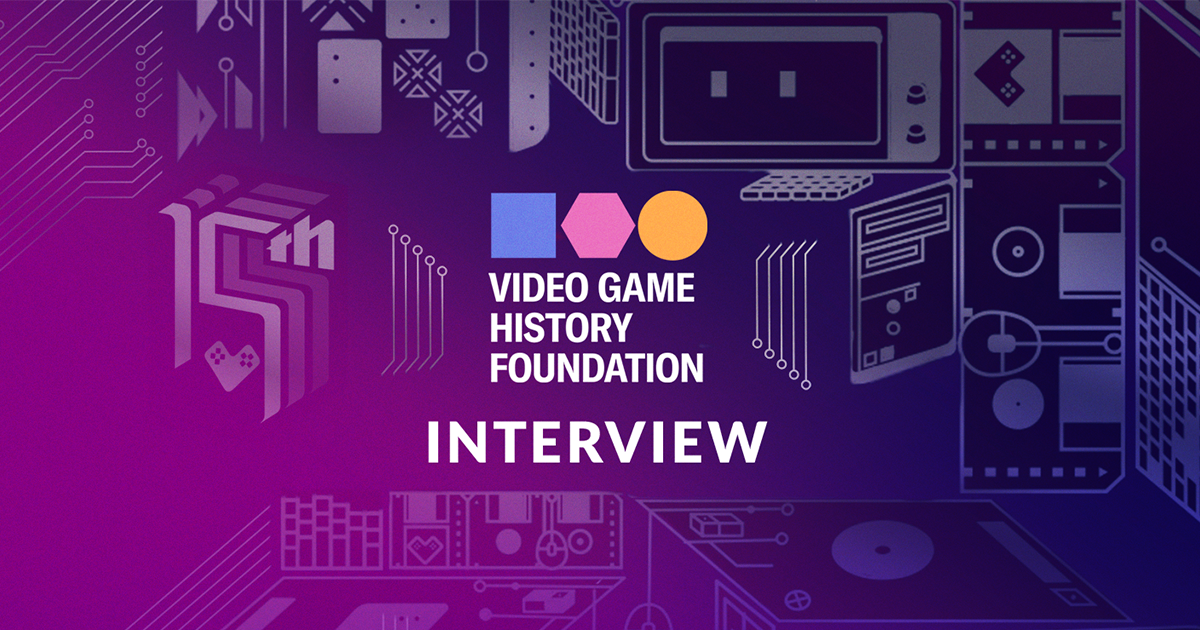 Video Game History Foundation is an organization dedicated to preserving and celebrating the history of video games. That goal is incredibly close to our hearts and something that we continuously work towards. For anyone not yet familiar with VGHF, could you shed more light on your mission?Frank Cifaldi: Sure! Everything that we do at the VGHF revolves around the idea that when it comes to video game history, context is king. Being able to PLAY games is only part of the problem, we want to make sure people UNDERSTAND them. This is why we collect and provide access to rare material that helps researchers gain a deeper understanding of video gaming’s past, like books and magazines, business records, and marketing materials. We place a particular emphasis on trying to find things that take you behind the scenes to how games were made. Our vision is that if someone were writing a book or filming a documentary about a game from the past, that our collection should be their first stop on a research journey.In your recent study, we could learn a grim fact that 87 percent of classic games (released before 2010) are not in release and considered critically endangered due to their widespread unavailability. Could you tell us more about the cause of this situation? Is there a way we can stop it?Phil Salvador: Thirty years ago, publishers treated their games more like toys. They weren’t thinking about long-term concerns, like holding onto source code, or working out rights issues to make sure games could be sold in the future. Going back to fix this is difficult and expensive, or even impossible. It’s honestly not something we expect to happen in most cases! But as the medium of video games continues to grow, we have a chance to teach tomorrow’s developers about best practices they can follow to help preserve their own work and make sure it’s not caught in limbo.
Video Game History Foundation is an organization dedicated to preserving and celebrating the history of video games. That goal is incredibly close to our hearts and something that we continuously work towards. For anyone not yet familiar with VGHF, could you shed more light on your mission?Frank Cifaldi: Sure! Everything that we do at the VGHF revolves around the idea that when it comes to video game history, context is king. Being able to PLAY games is only part of the problem, we want to make sure people UNDERSTAND them. This is why we collect and provide access to rare material that helps researchers gain a deeper understanding of video gaming’s past, like books and magazines, business records, and marketing materials. We place a particular emphasis on trying to find things that take you behind the scenes to how games were made. Our vision is that if someone were writing a book or filming a documentary about a game from the past, that our collection should be their first stop on a research journey.In your recent study, we could learn a grim fact that 87 percent of classic games (released before 2010) are not in release and considered critically endangered due to their widespread unavailability. Could you tell us more about the cause of this situation? Is there a way we can stop it?Phil Salvador: Thirty years ago, publishers treated their games more like toys. They weren’t thinking about long-term concerns, like holding onto source code, or working out rights issues to make sure games could be sold in the future. Going back to fix this is difficult and expensive, or even impossible. It’s honestly not something we expect to happen in most cases! But as the medium of video games continues to grow, we have a chance to teach tomorrow’s developers about best practices they can follow to help preserve their own work and make sure it’s not caught in limbo.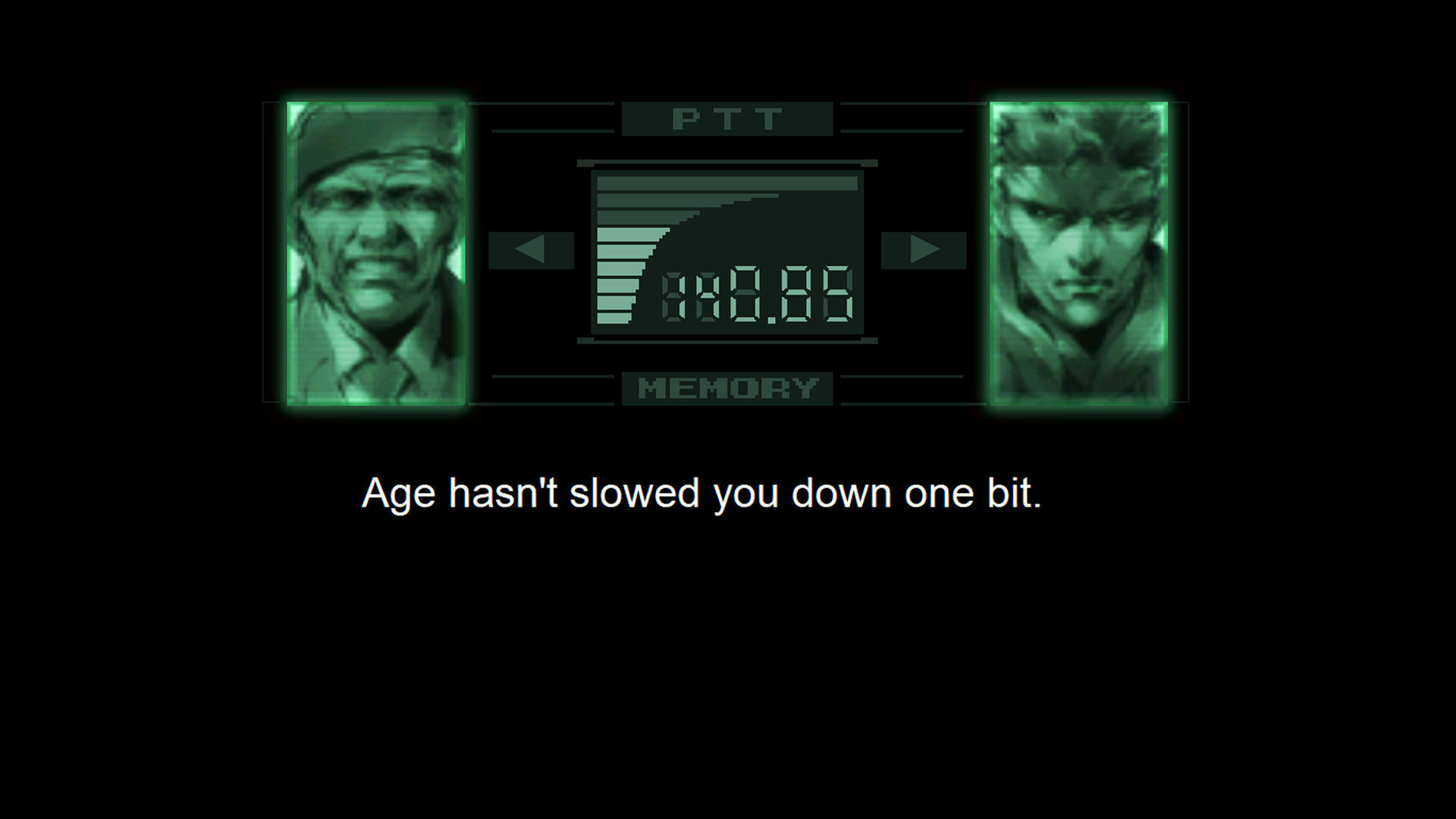 Art: METAL GEAR SOLIDBoth our platform and VGHF share a goal of stopping retro games from being lost to time. We wholeheartedly believe that, with the help of our amazing community this goal can be achieved. However, some may ask why is it so important to preserve classic games – what would you say to them?
Art: METAL GEAR SOLIDBoth our platform and VGHF share a goal of stopping retro games from being lost to time. We wholeheartedly believe that, with the help of our amazing community this goal can be achieved. However, some may ask why is it so important to preserve classic games – what would you say to them?Phil Salvador:
I think people who aren’t interested in preserving classic games might be thinking about it only for their personal entertainment. Why would you want to buy and play old games that have aged terribly? But it’s the same reason you’d want to preserve access to classic films, or early music recordings, or anything else. Games are part of our culture, and if we care about them, it’s important to understand their history and how we got where we are today. (Plus, some of them are still pretty fun too.)Frank Cifaldi:
I would also add that I want game designers of the future to draw inspiration from the past, and that’s not going to happen if they can’t play older titles. Video game history is full of strange ideas that never became mainstream in their time, and I want to live in a world where it’s easy to bring those ideas back to life and try again.To leverage on that even more, do you believe this preservation contributes to the gaming industry overall and the broader understanding of cultural history?Phil Salvador:
Thanks for teeing this one up for us. Yes, absolutely! When we have access to our cultural history, it has all sorts of benefits. It can be entertaining, but it can also inspire us to create something new. It can teach us something about the people who made it all those decades ago. Think about the influence that Earthbound has had on modern role-playing games and gaming culture in general, and remember that that game was a big flop when it first came out! Everyone benefits from being able to revisit, reinterpret, and reappreciate our history. But we have to make a deliberate effort to keep that history accessible.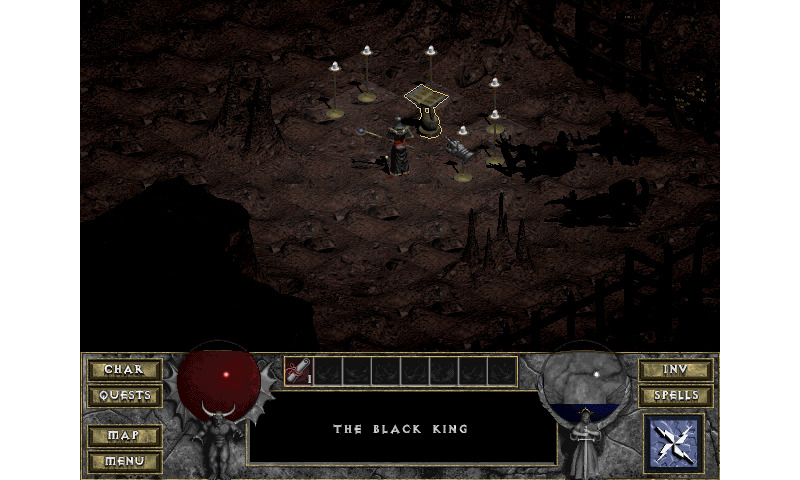 Art: Diablo + HellfireLet’s shed some light on the practice: how do you approach the process of collecting and archiving materials related to video game history? What kinds of artifacts, documents, and resources do you prioritize in your preservation efforts?
Art: Diablo + HellfireLet’s shed some light on the practice: how do you approach the process of collecting and archiving materials related to video game history? What kinds of artifacts, documents, and resources do you prioritize in your preservation efforts?Frank Cifaldi:
We like to say we collect context. We try to collect materials that help us understand how games were made and how they were played. The materials that excite us the most are the ones that give us insight into the production and business of video games: not just prototypes and source materials, like original code, but things like company memos or team photos that help us understand the people behind these games. It’s not flashy, but we love finding retired developers who kept a box of their old work papers in their basement.As the gaming industry evolves rapidly, new platforms and technologies emerge. How do you adapt your preservation strategies to ensure that the history of these advancements is documented and retained for future generations?Phil Salvador:
We often get questions about how we’re all going to preserve games as they move further away from the era when a game was just a disc you could put on a shelf. What happens when the game’s servers go offline? How do you preserve a live game, or a game that receives constant updates? To be real about it, there’s no way to preserve every single online game, or every streaming game platform, or anything else where preservation is out of our hands.What we need to do is reevaluate what it is we actually want to preserve. For a game like World of Warcraft, maybe preserving the actual gameplay is less important than saving the stories of the players. Or maybe the extremely detailed fan wikis and guides out there will be enough to help us understand how the game was played. Fan communities are already doing this work, and we can empower them to start thinking about the long-term future.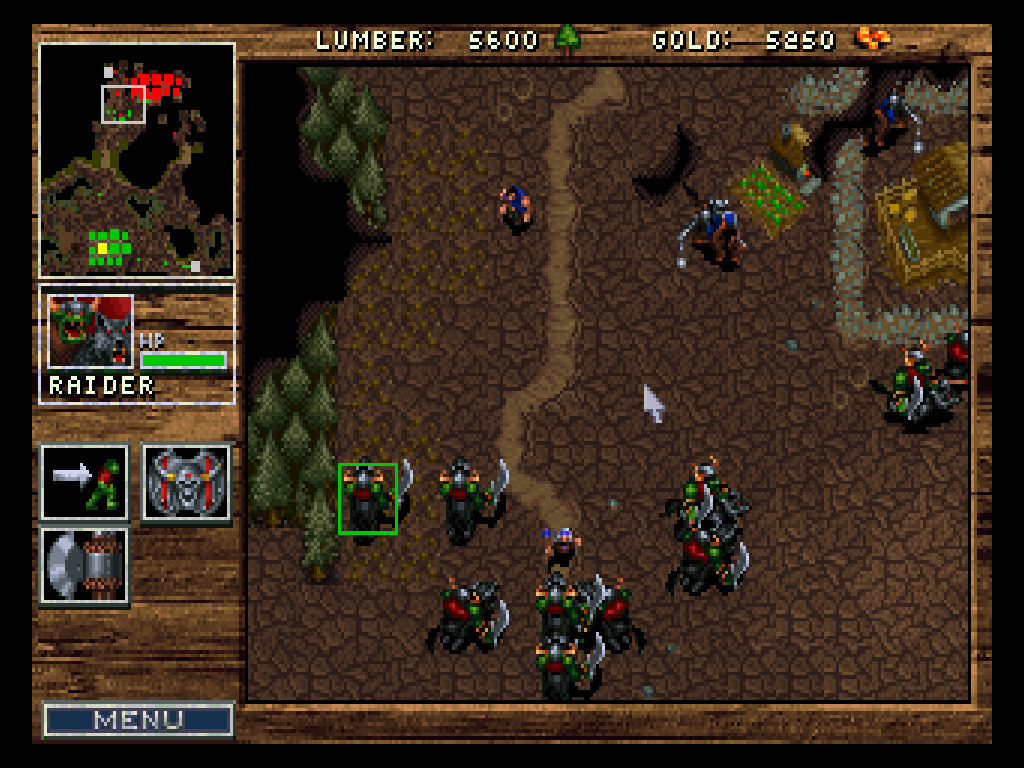 Art: Warcraft: Orcs and HumansLooking ahead, what are some of the goals and projects that the VGHF has in mind for the future? How do you envision the continued evolution of your organization's impact on preserving video game history?
Art: Warcraft: Orcs and HumansLooking ahead, what are some of the goals and projects that the VGHF has in mind for the future? How do you envision the continued evolution of your organization's impact on preserving video game history?Phil Salvador:
One of our top priorities right now is launching our digital library. We’ve been building a big collection of material that we’ve been working non-stop for two years to catalog and make available for researchers, and we’re getting close to finally sharing what we have so far.But we’re also looking for more ways to keep advocating for game history preservation in all its forms, including a push to reform copyright law here in the United States to make preservation easier for libraries and archives. Advocacy is going to continue being a big part of our work, not just pushing to save the past but figuring out how to make it easier for today’s developers to save their own work as well.Frank Cifaldi:
And on a personal note, my favorite part of the job is being invited into the homes of people who have been a part of the story of video game history, and looking through the material that they saved (and often, taking that stuff home to our archives!). Being able to pass along their stories for future generations is what drives me to keep going, and I hope to do a whole lot more of that.Is there any message you’d like to share with our community?Frank Cifaldi:
Thank you so much for everything you do to support the preservation of video game history!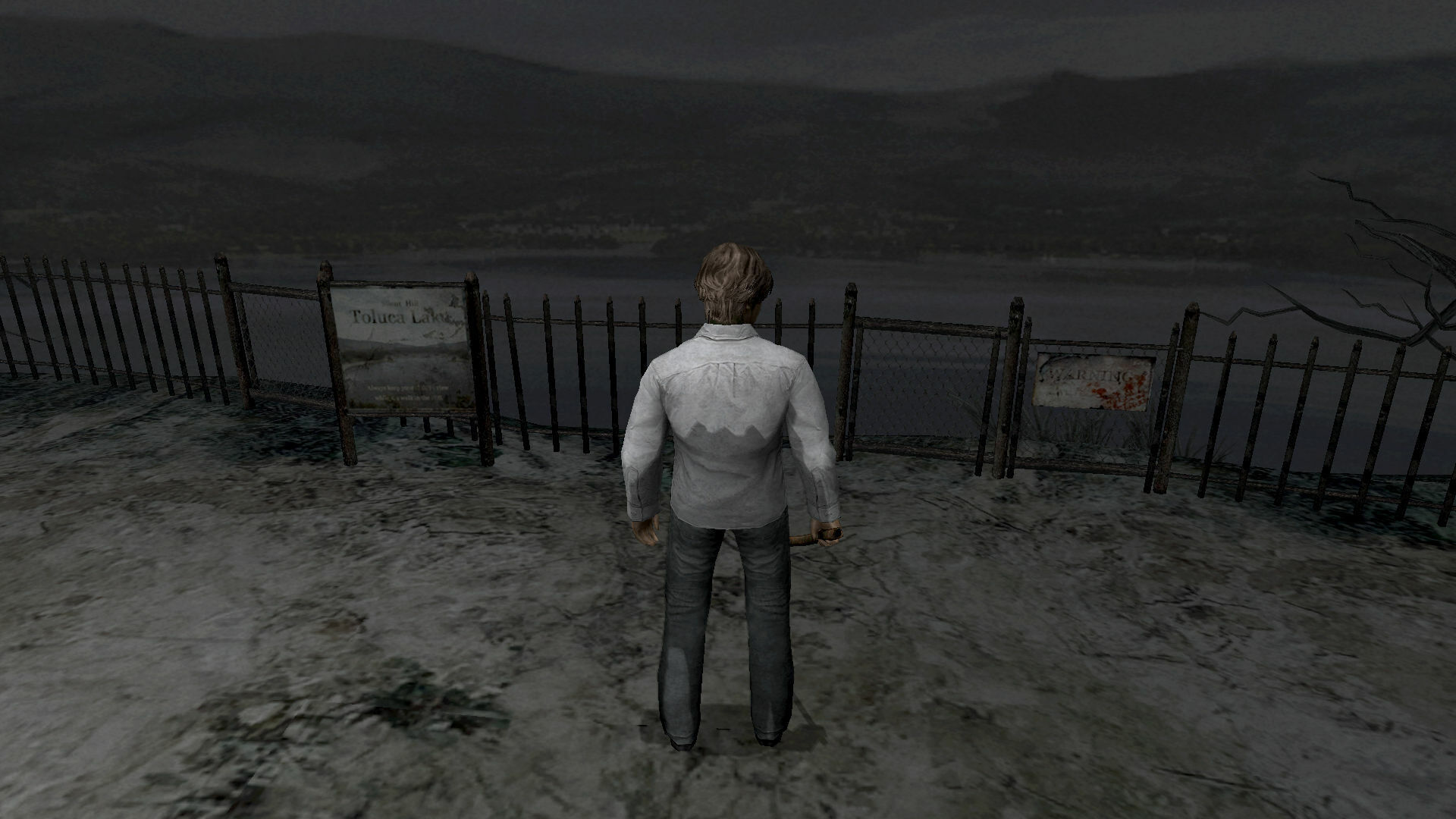 Art: Silent Hill 4: The Room
Art: Silent Hill 4: The RoomWe’d like to thank the
Video Game History Foundation very much, both for talking to us and for their incredible contribution to games preservation. The efforts are invaluable and remind us of the importance of remembering and honoring the pioneers and moments that have shaped this remarkable industry.
Make sure to join us in the ongoing celebration of our 15th Anniversary! Video Game History Foundation is an organization dedicated to preserving and celebrating the history of video games. That goal is incredibly close to our hearts and something that we continuously work towards. For anyone not yet familiar with VGHF, could you shed more light on your mission?Frank Cifaldi: Sure! Everything that we do at the VGHF revolves around the idea that when it comes to video game history, context is king. Being able to PLAY games is only part of the problem, we want to make sure people UNDERSTAND them. This is why we collect and provide access to rare material that helps researchers gain a deeper understanding of video gaming’s past, like books and magazines, business records, and marketing materials. We place a particular emphasis on trying to find things that take you behind the scenes to how games were made. Our vision is that if someone were writing a book or filming a documentary about a game from the past, that our collection should be their first stop on a research journey.In your recent study, we could learn a grim fact that 87 percent of classic games (released before 2010) are not in release and considered critically endangered due to their widespread unavailability. Could you tell us more about the cause of this situation? Is there a way we can stop it?Phil Salvador: Thirty years ago, publishers treated their games more like toys. They weren’t thinking about long-term concerns, like holding onto source code, or working out rights issues to make sure games could be sold in the future. Going back to fix this is difficult and expensive, or even impossible. It’s honestly not something we expect to happen in most cases! But as the medium of video games continues to grow, we have a chance to teach tomorrow’s developers about best practices they can follow to help preserve their own work and make sure it’s not caught in limbo.
Video Game History Foundation is an organization dedicated to preserving and celebrating the history of video games. That goal is incredibly close to our hearts and something that we continuously work towards. For anyone not yet familiar with VGHF, could you shed more light on your mission?Frank Cifaldi: Sure! Everything that we do at the VGHF revolves around the idea that when it comes to video game history, context is king. Being able to PLAY games is only part of the problem, we want to make sure people UNDERSTAND them. This is why we collect and provide access to rare material that helps researchers gain a deeper understanding of video gaming’s past, like books and magazines, business records, and marketing materials. We place a particular emphasis on trying to find things that take you behind the scenes to how games were made. Our vision is that if someone were writing a book or filming a documentary about a game from the past, that our collection should be their first stop on a research journey.In your recent study, we could learn a grim fact that 87 percent of classic games (released before 2010) are not in release and considered critically endangered due to their widespread unavailability. Could you tell us more about the cause of this situation? Is there a way we can stop it?Phil Salvador: Thirty years ago, publishers treated their games more like toys. They weren’t thinking about long-term concerns, like holding onto source code, or working out rights issues to make sure games could be sold in the future. Going back to fix this is difficult and expensive, or even impossible. It’s honestly not something we expect to happen in most cases! But as the medium of video games continues to grow, we have a chance to teach tomorrow’s developers about best practices they can follow to help preserve their own work and make sure it’s not caught in limbo.



